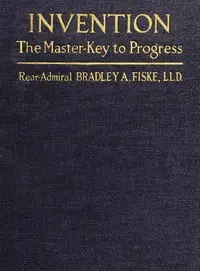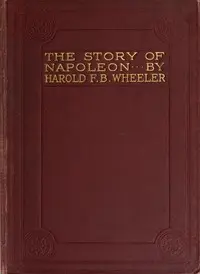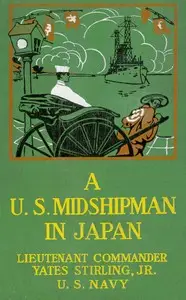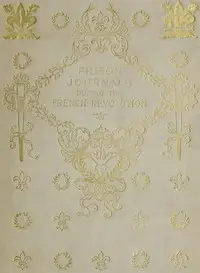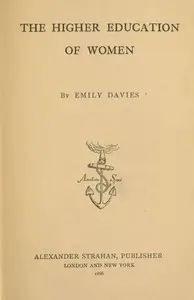"The Navy as a Fighting Machine" by Bradley A. Fiske is a military strategy treatise written in the early 20th century. The work explores the essential role of naval power in warfare and political stability, particularly emphasizing how a strong navy can prevent blockades and ensure a nation's trade and defense. Fiske presents historical examples to underline the vital contributions of naval forces to military success and international relations. The opening of the book begins with the author addressing fundamental questions about the purpose of naval forces, the necessary components for effective naval power, and principles of naval design and operation. Fiske emphasizes the significance of the navy in shaping the outcomes of wars and political conflicts. He discusses the interplay between military power and the territorial integrity of nations, arguing that historical trends show an inclination toward using military force as a means of resolving disputes. The detailed examination of naval warfare's historical context sets the stage for the author's subsequent analyses of naval strategy and its implications for nations seeking to maintain power and stability on the global stage. (This is an automatically generated summary.)

The Navy as a Fighting Machine
By Bradley A. (Bradley Allen) Fiske
"The Navy as a Fighting Machine" by Bradley A. Fiske is a military strategy treatise written in the early 20th century. The work explores the essentia...
Rear Admiral Bradley Allen Fiske was an officer in the United States Navy who was noted as a technical innovator. During his long career, Fiske invented more than a hundred and thirty electrical and mechanical devices, with both naval and civilian uses, and wrote extensively on technical and professional issues; The New Yorker called him "one of the notable naval inventors of all time." One of the earliest to understand the revolutionary possibilities of naval aviation, he wrote a number of books of important effect in gaining a wider understanding of the modern Navy by the public. For inventing the rangefinder, he was awarded the Elliott Cresson Medal of The Franklin Institute in 1891.

